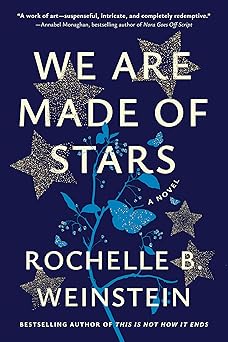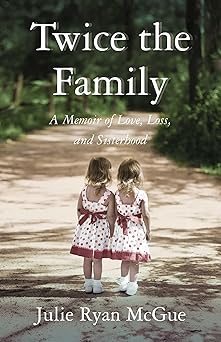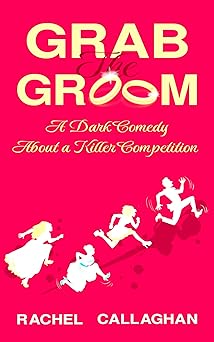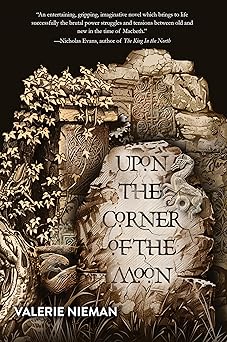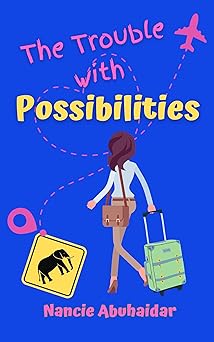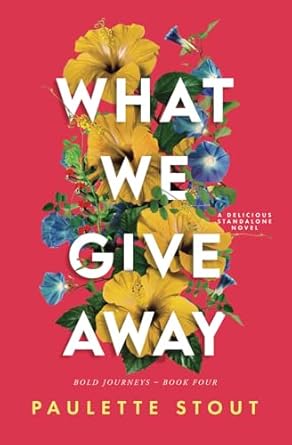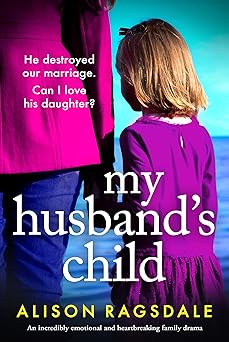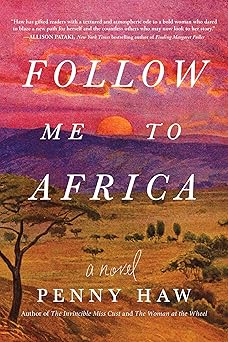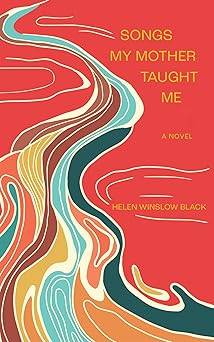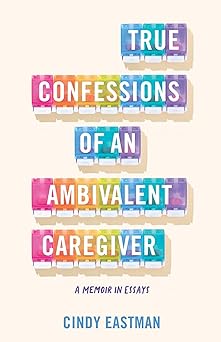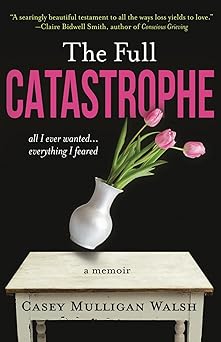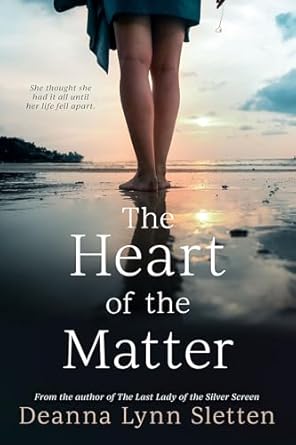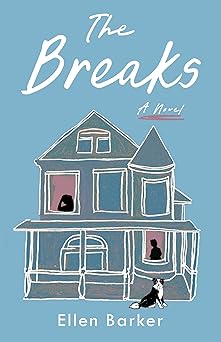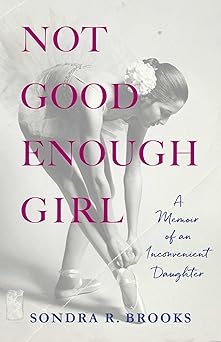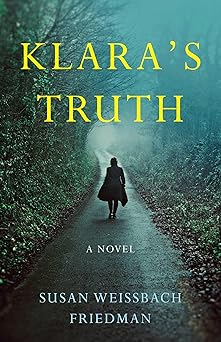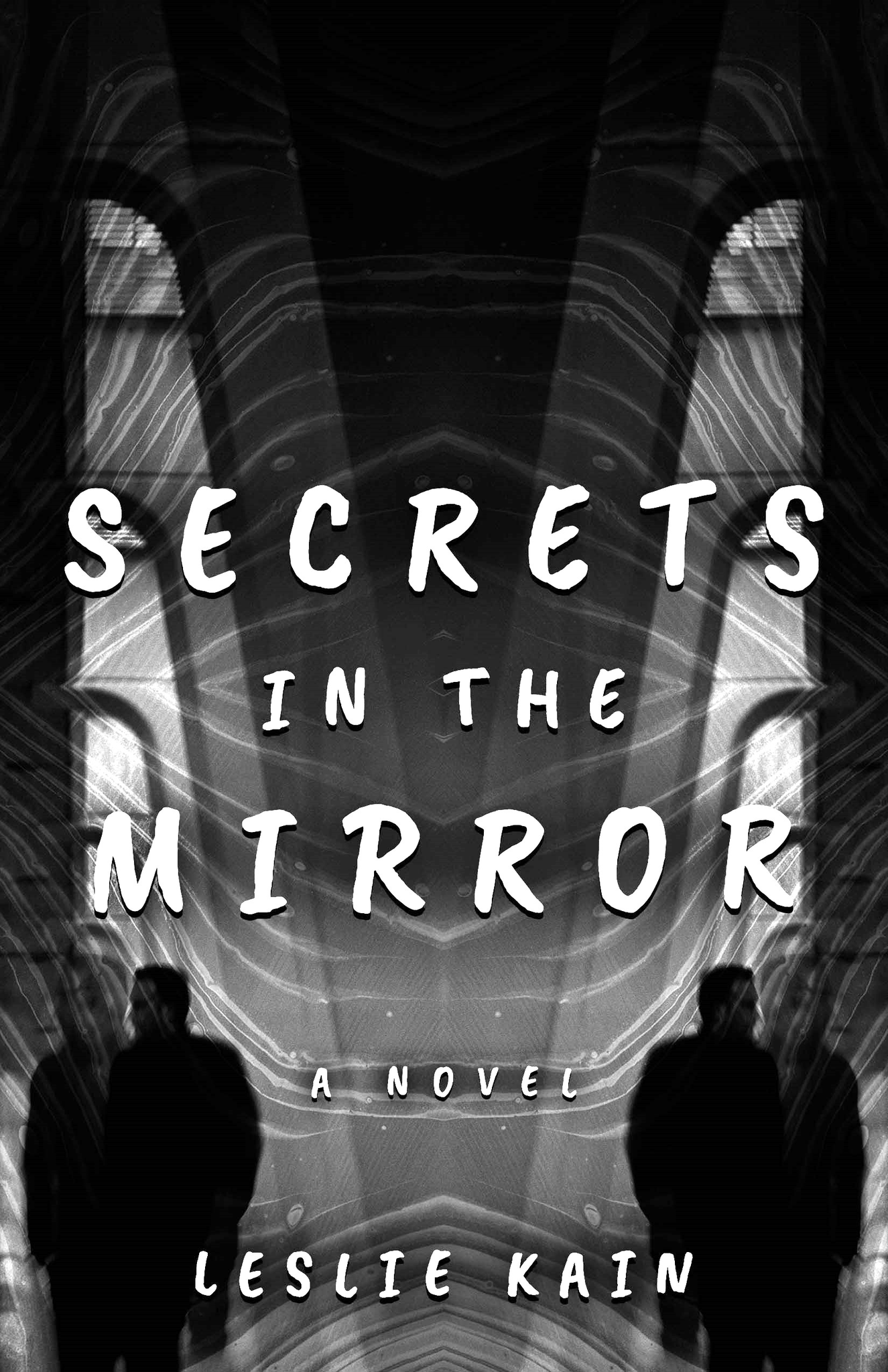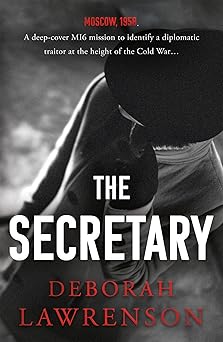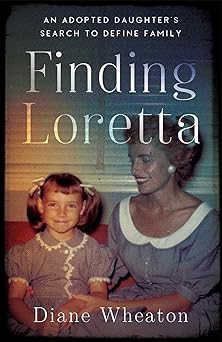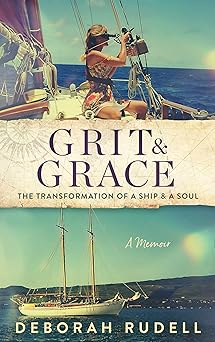On Writing WHEN I GROW UP I WANT TO BE A CHAIR
 I Didn’t Mean to Do It: How Finding a Home for Pain Became a Book
I Didn’t Mean to Do It: How Finding a Home for Pain Became a Book
When I began to write my memoir, a book wasn’t something that I even considered. I didn’t think about my process, nor my structure. I didn’t mean to. I just began to write.
Write hard.
After surviving a paralyzing car accident in my teens, I had a new life to build and tremendous forward momentum. I rarely gave myself the grace or time to wallow, let alone reflect on things like loss and change, and challenge and experience. I was a teenager in a wheelchair, with no one to guide me.
Before I knew it, I was overwhelmed yet didn’t have the voice to recognize it. I had spent little effort processing my own torrid childhood, toxic relationships, as well as my inherent individual growth from teenager to adult. Time moves on whether you know how to move thorough it or not. I knew enough to want to move forward and create a good life for myself, yet I didn’t realize that sometimes you have to look back before you can push forward.
I had spent all my energy working toward being a good role model, a example for the students that I taught and the swimmers that I coached. I had also spent energy grabbing a hold of those things I had learned—breathing them in and holding just slightly before the exhale. There’s a lot of power held in that in-between.
Breathe hard.
Throughout my life, I learned I was to be a teacher—whether it be in a traditional sense or otherwise. I noticed myself wistfully writing down lessons I had learned in story form and I enjoyed it deeply. I didn’t know that I could be a writer. Writing gave me a joyful sense of purpose and longevity. Words on paper foreseeably bound for eternity. And, just as much as I reveled in it the realm of writing, I swam in my own puddle of tears as I wrote. There were days where all I could do was write.
I had emotions and feelings buried deep within me. They were rotting and putrid. They were necrotizing and far more disabling than the physical paralysis I had experienced. I needed to find a new home for those things. I could no longer keep them anymore. Those feelings didn’t serve me. I needed to let go.
Let go hard.
I cannot recall the moment where I began writing a book, but I did so with such passion and fury. I wrote and wrote and wrote. I paid little mind to timeline or sequence. Writing straight from heart to fingertips rarely leaves much space for logic and logical reasoning. I found myself writing about experiences that were painful, changing from moment to moment with all similar themes and vulnerabilities. I wrote for nearly a dozen years before I decided that these stories, the new home for my pain, should be something tangible and accessible to the world.
Once I realized that I wanted my words to be a book, a memoir mansion, I knew it was necessary to organize that stream of heart-to-paper journaling. I began creating dialogue, imagery and setting, and molding real people into characters. All of this out of the very experiences that had made me me. It was both as invigorating as it was soothing.
All of the sudden, the process transformed into something I was meant to do.
Stories became chapters and chapters began to pile one after another. Using sticky notes to arrange it all. Reading and rereading, again and again. Flipping beyond pages and peering at the spaces between the lines, I began to breathe again.
I had finally completed this home, but it wasn’t just any home. It was a memoir.
—
Her call to write was a quiet, yet constant voice, that Ryan Rae Harbuck finally listened to. Her debut memoir, when i grow up i want TO BE A CHAIR, launched in February 2022. A Colorado native, Ryan has always found solace in the mountain air and has always been up for an outdoor challenge—as far as her wheelchair wheels could take her, or beyond. She has been a teacher and a swim coach, but enjoys being Mom the most. She and her husband, Andrew, live in Denver with their two mudslinging, car-vrooming young boys.
WHEN I GROW UP I WANT TO BE A CHAIR
 Her story has (not) defined her.
Her story has (not) defined her.
From where she sat, her perspective of the world was both quite ordinary and rivetingly extraordinary—from a paralyzing car accident in her teens to traveling overseas on a journey of self-reflection to becoming a mom. Throughout everything she experienced, she fervently believed in following her given path.
She wanted to trust its trajectory. She wanted to be sure.
Her story is not about a chair.
Her story is about her strengths and how they rose out of her instinctive vulnerabilities.
Her story is about her struggles and how they became her victories.
Her story is about being willing to hold it all, for herself and the whole of her world.
Everyone has a chair. That thing you are bound to or unwillingly defines you. An element that makes you different from the rest. One that you have little choice in the matter.
What’s YOUR chair?
BUY HERE
Category: How To and Tips




